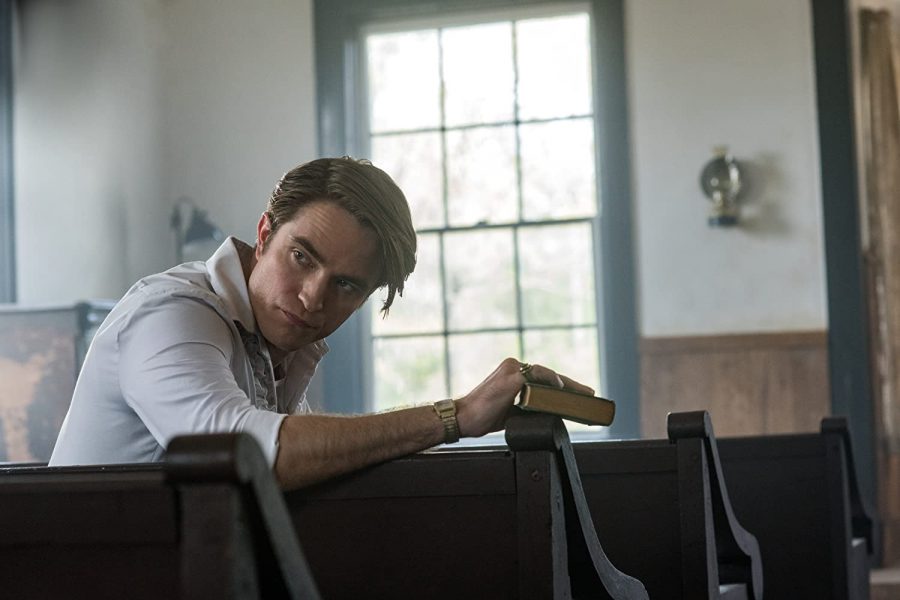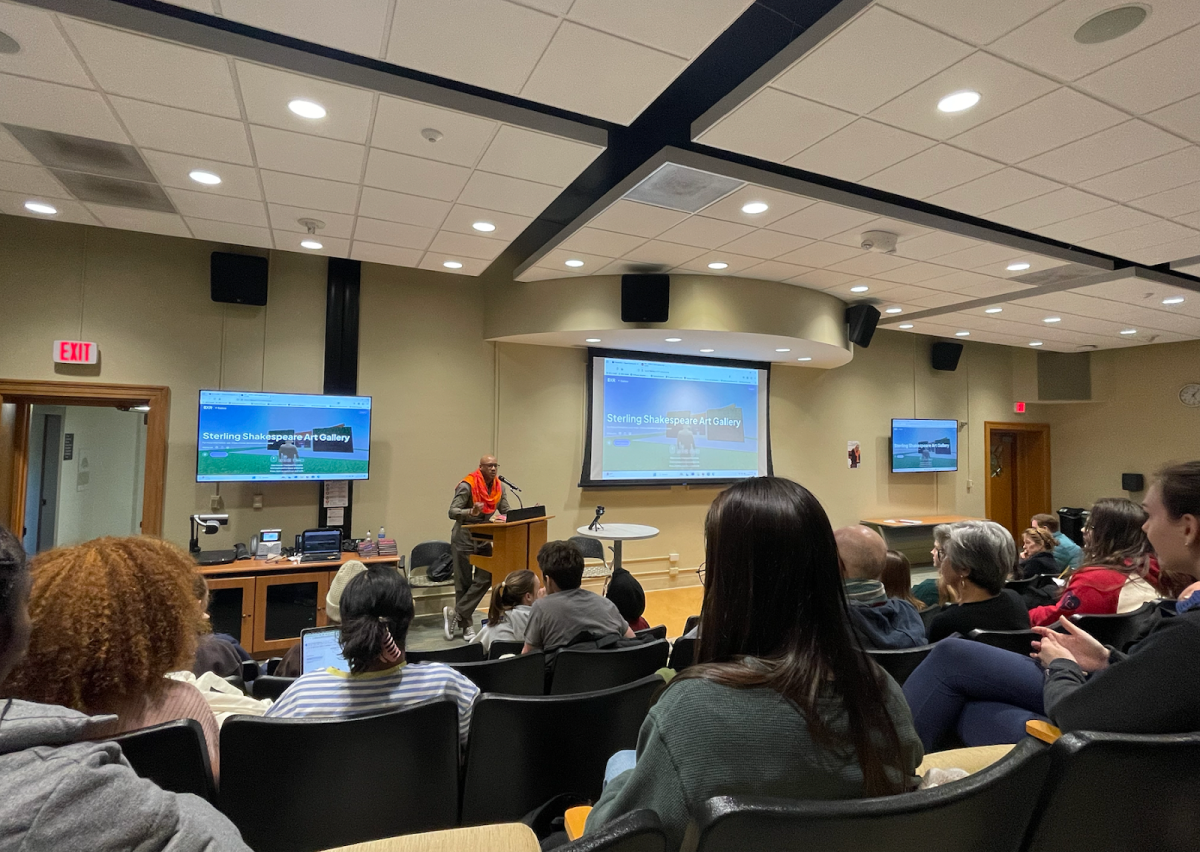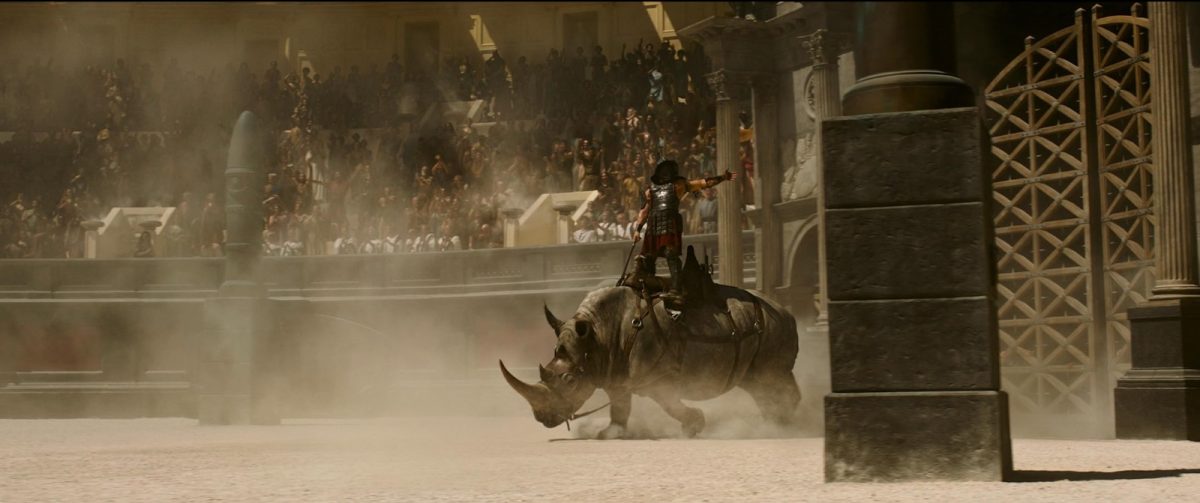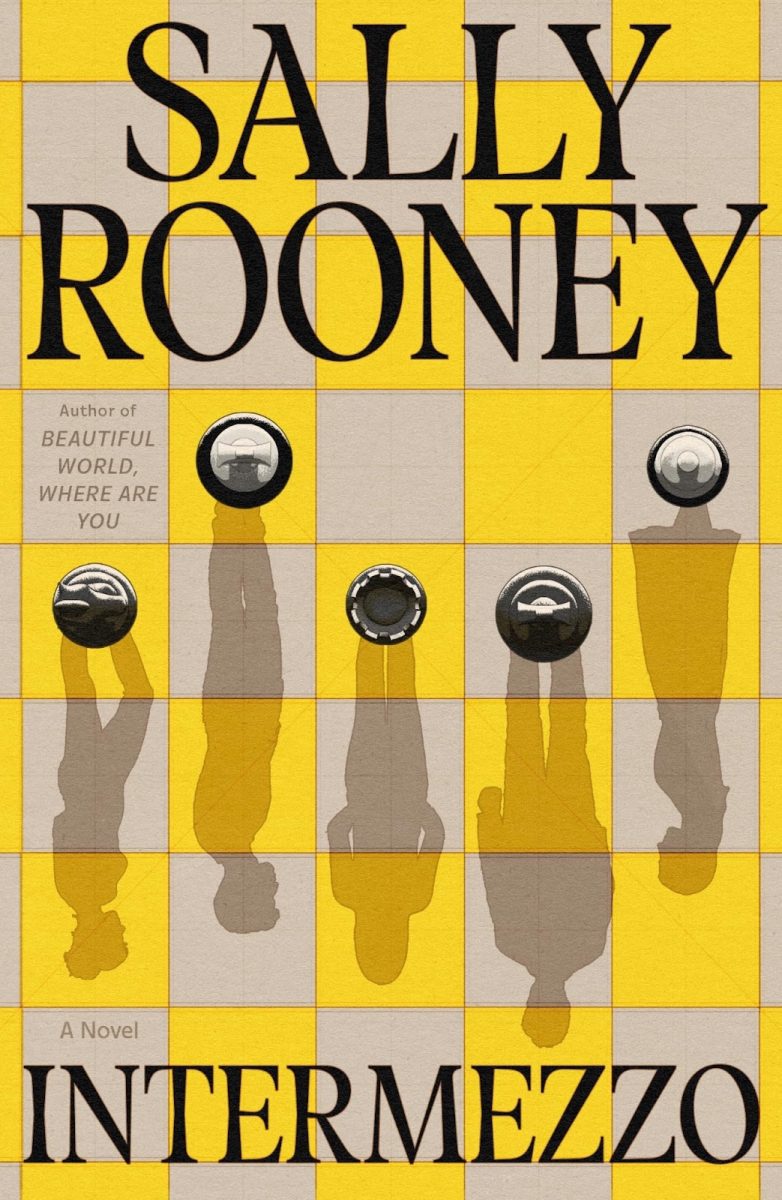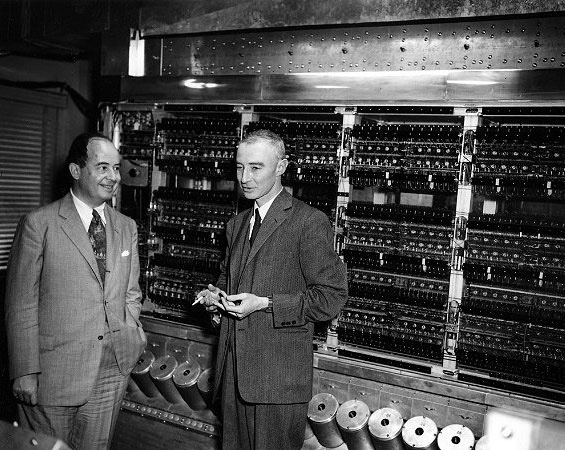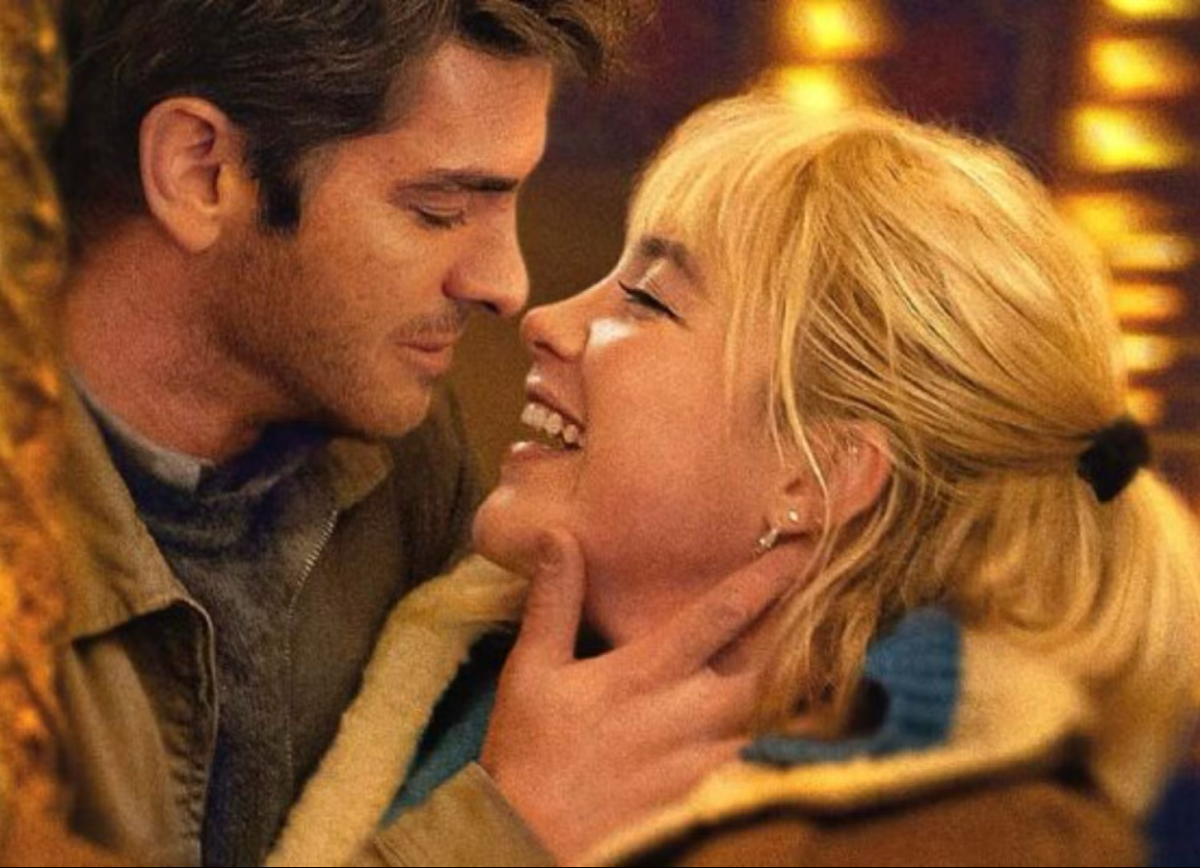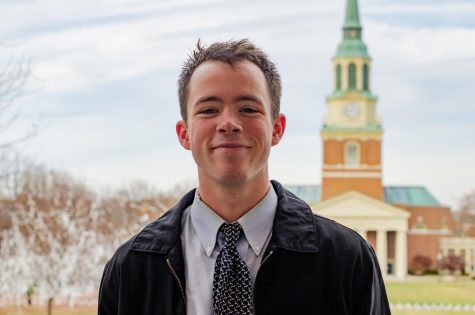The Devil All the Time is a psychological thriller adaptation of the 2011 novel written by Donald Ray Pollock. The movie features a star-studded cast of Robert Pattinson, Tom Holland, Bill Skarsgård, Jason Clarke and many more notable actors. Part of the problem with this movie is that there are so many characters, but the performances of these actors make it work, somehow. This movie is a psychological drama. It’s hard enough to make a film about life in the Appalachians or Ohio that has any ounce of thrill to it — this movie succumbs to that fact.
I’ll try not to dispense a criticism of the novel in this review since I haven’t read it, but I will say that I found the story extremely dissatisfying. The reason why I classified this movie as a drama and not a thriller, is because I did not find myself on the edge of my seat, nor with my breath held. Without giving you any spoilers — the ending of this movie was not a twist as many have called it, because the main character of the movie got away in the end.
Like many other self-described “psychological thrillers,” The Devil All the Time masquerades as an art-house mystery. These pretentious projects deceive the audience into believing that they adequately develop more than several characters at a time into a lead, when in reality it’s relatively easy to pick out who the main character is from the very beginning.
As far as the plot goes, Pollock may have had an easier time working out an intriguing and fascinating rustic tale through 322 pages than Antonio Campus did in 138 minutes. Even so, this film deserved more than that limit — I’m sure there were extensive rounds of cuts and a reworking of the plot. If there wasn’t, it could be a signal fire for the lack of depth in Campus’ compact script.
The bright spot in this film to be sure, is the performances of Pattinson and Holland. Although I did not particularly enjoy the character that Pattinson played, I thought that his outside ideas and personal work on the concept showed in his performance. In an interview, Pattinson admitted that he did not really care to see a redemption arc in most villains, nor any rationalization of their decisions. This is a dumb idea. Any human villain needs characterization. People need to understand the reasoning behind why a character does something terrible. Holland — who I had to repeatedly tell myself was not a rural version of Peter Parker — delivers a performance that is no doubt an improvement from his previous roles, but a little more exploration in the script was needed for his part in this film. He was a little too silent. I don’t think Holland is the picture of a brooding, violent young man.
Most of these characters are flat. As soon as Clarke pulled Riley Keough in one of the opening scenes, I was suspicious. These two evil partners are static throughout the film, though Carl (Clarke) arguably undergoes a bit of transformation towards the end — though his transformation is really just frustration with the events of the story.
The female cast members were given minute parts. I understand that the setting is in the 1960s, but it’s undeniable that the team behind this film could have broke the mold and pieced together a strong female role. This, I believe, was supposed to be Sandy’s purpose (Riley Keough), but in the end she seems strikingly hollow. Just like the others, she falls short of wholeness because there are no reasons given for the acts that she commits.
This is a fairly enjoyable watch, if you’re a fan of Pattinson and Holland. The critique of Christianity is way too heavy-handed, but the insight into power in small, tight communities is superb. In the end, The Devil All the Time manages to produce a startling rumination on the circular nature of generations and their sins. The chaos distills into a tantalizing freedom.



